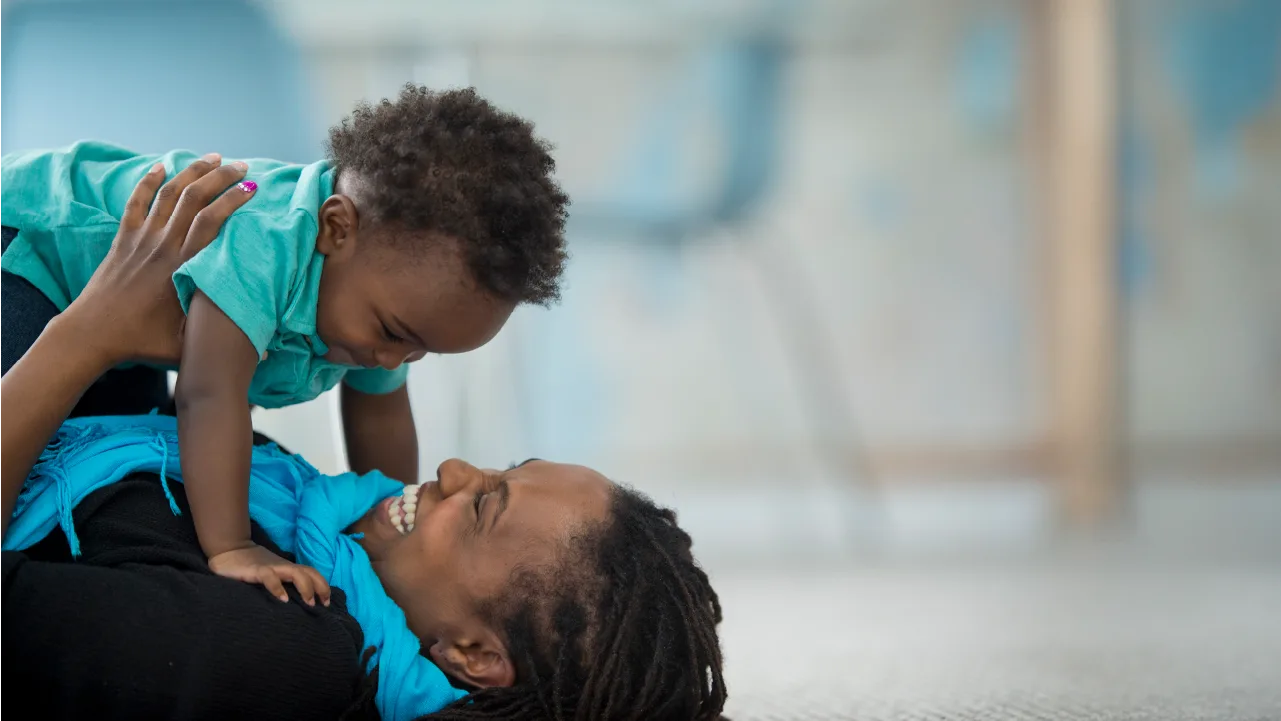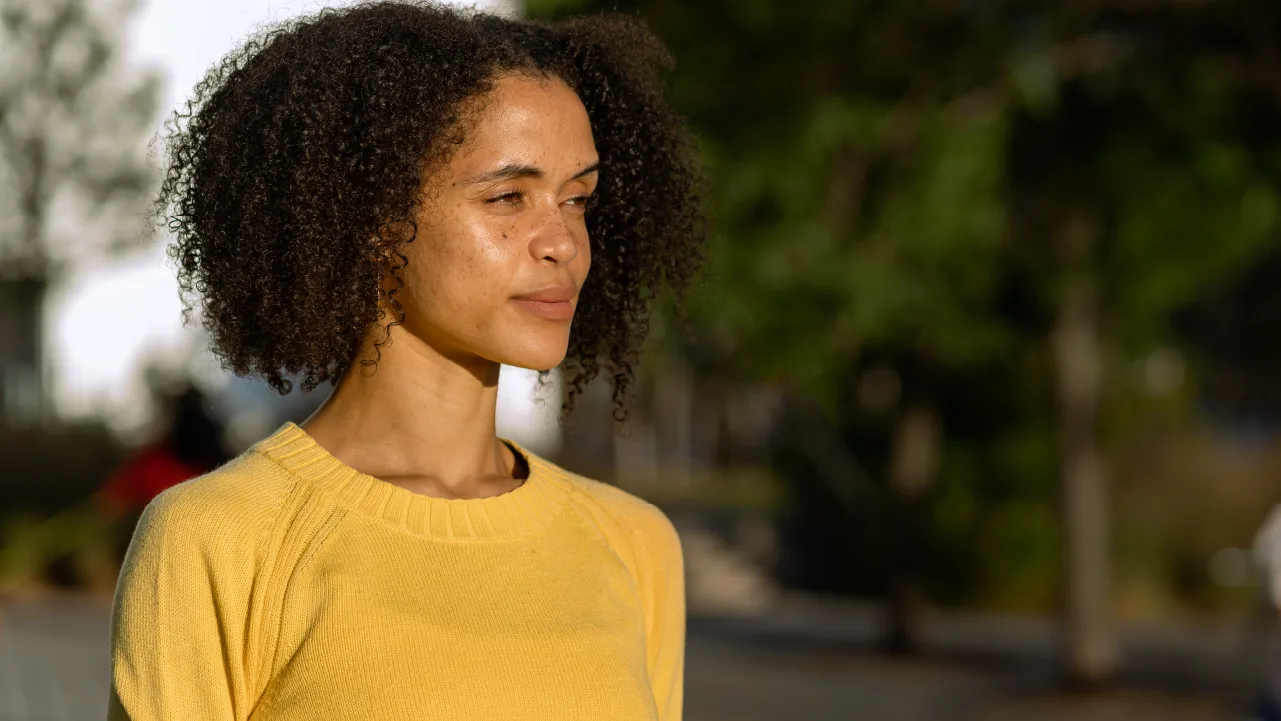At Achieve, we're committed to providing you with the most accurate, relevant and helpful financial information. While some of our content may include references to products or services we offer, our editorial integrity ensures that our experts’ opinions aren’t influenced by compensation.
Everyday Finances
The unexpected costs of debt and unemployment for Black women
Feb 20, 2024
Written by
Reviewed by
When people on the news talk about the impact of debt, they’re usually talking about money owed to traditional creditors. These debts could include credit card balances, student loans, and car loans.
When I think of debt, I’m also thinking of monthly obligations that are hard to get rid of.
In my case, one of those monthly bills that felt like a debt was having a storage unit. This is how I ended up paying for a storage unit for several years—and what it took to get rid of it.

Our financial picture is shaped by situations both in and out of our control
In many personal finance conversations, you’ll often find experts talking about situations that are within our control. Situations within our control could include how hard we work and whether we pay our bills and other important expenses on time. I often wish we'd talk about how things outside of our control may have an unintended ripple effect on our money.
The Economic Policy Institute’s current data shows that the national unemployment average rate for African Americans was 5.8% in late 2023, compared to the 3% average rate for white Americans. When I look at that number, I think about all of the unexpected conversations many families are having about needing to combine households, maintain current financial obligations, and juggle other unexpected expenses that happen during a job loss.
It also brings up the question: if African Americans are currently the group most affected by unemployment, how does that impact the way we manage debt? It’s the resilience and tenacity passed down from older generations that keeps us moving forward, even during the tough times.
My mom lost her job. And I ended up paying for her storage unit for 3 years. Like many families dealing with job loss and housing displacement, the loss of a lifetime of memories was to be avoided at all costs.
So, we became resourceful by deciding to combine our households. The problem was that at the time I was living in a small apartment, and the space just wouldn’t absorb all of her belongings. These belongings were important to her—and to me. Unique pottery purchased when we lived in Japan when I was a kid, an extensive collection of books and the memorabilia that people collect during their lifetimes. There was no way that we could let them go.
But the cost of the storage unit meant I had less money each month.

Keeping up and letting go
The first year was a difficult adjustment financially. I focused on working more hours, stuck to my budget, cut any unnecessary expenses, and tried to stay focused. What we didn’t expect was how long it would take for my mom to find a new job.
We ended up living together for several years. We moved into a larger place, and I was finally able to get rid of the storage unit. It cost money and time, but I was so relieved to move her belongings out of storage. It wasn’t until later that I realized how much of an impact this obligation had on my finances.

We’re all in this together
At the time, I felt very isolated in the experience that I was having. I didn’t need to. I found out that African-American women feel the impact of unemployment at a higher percentage than other communities. Currently, African American women are experiencing 4.8% unemployment, while the overall rate of unemployment in the U.S. is 3.7%. African-American women are financial caregivers at a higher rate as well.

A debt of love
My lived experience taught me that indebtedness can present itself in unexpected ways. I now believe the definition of debt should be broadened.
In my case, the self-storage we needed transformed from a service to something with the feeling of a debt because I kept asking myself, “What would happen if I can’t pay that bill?” My mom would lose a lifetime’s worth of furniture and memorabilia. It was devastating to think of her losing another thing that was important to her. And it was exhausting to be the person who was financially responsible for keeping them safe.
I often think about the impact of financial obligations (the ones that aren’t considered traditional debt) on the finances of other African-American families. My hope is that sharing my story helps broaden the conversation about the impact of debt, and how we can manage it better.
Author Information
Written by
Michelle is an award winning podcaster and freelancer focused on having impactful conversations about money. Her work has been seen in USA Today Blueprint, Experian, Business Insider and more.
Reviewed by
Kimberly is Achieve’s senior editor. She is a financial counselor accredited by the Association for Financial Counseling & Planning Education®, and a mortgage expert for The Motley Fool. She owns and manages a 350-writer content agency.
Related Articles
Compound interest is a two-sided coin. Good for your savings, bad for your debts. Find out more here.
If your bills are getting out of hand, debt relief is one way to take control of your finances and defeat your debt.
These subtle (and not so subtle) red flags could be signs that you’re falling into a debt trap. Read more.



